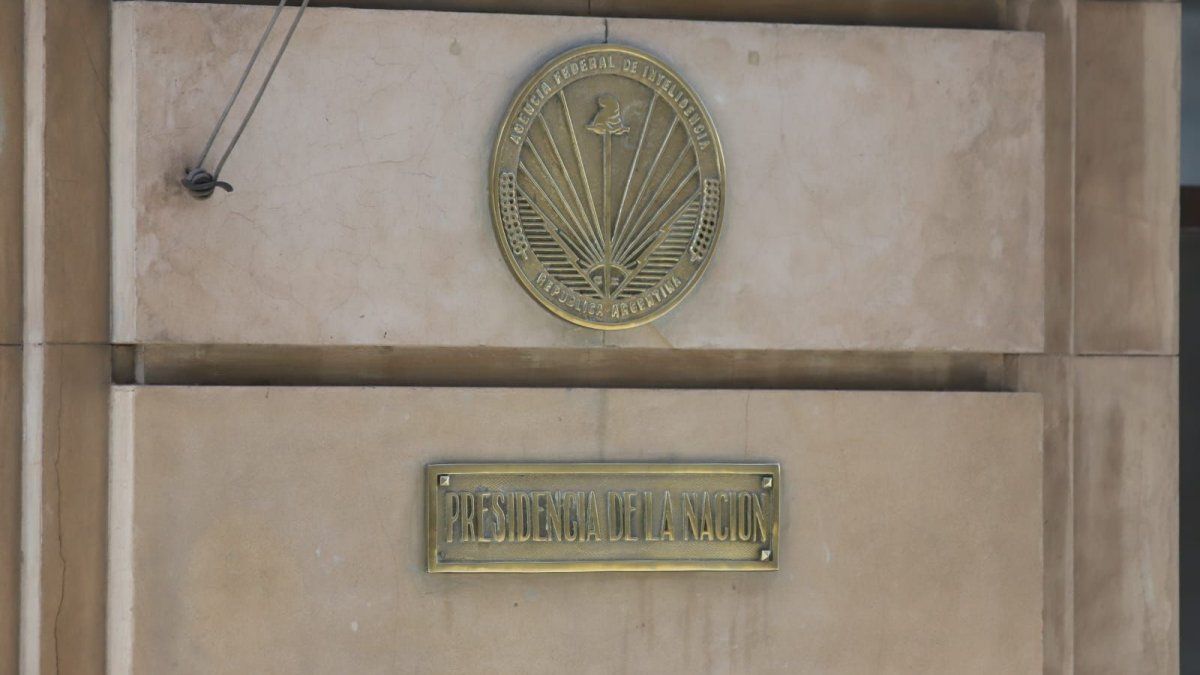In 1988, the National Defense Law 23554 ordered, among other transitional provisions, a series of complementary actions to those planned for immediate execution for the Armed Forces. These mandates contemplated the construction of a legal framework incorporating internal security and intelligence as the foundation stones on which the new structure would rest. Thus, During 1991, a broad debate was held for the sanction of Law 24059 on internal security.which was then enacted in 1992 due to its special character of adhesion. Meanwhile, intelligence was a pending legislative matter until 2001, when with the debate and sanction of law 25520, this normative mandate of 1988 was concluded.
- Meeting (Indoor and Outdoor) This body specialises in obtaining information, responding to the different requirements that make up the strategic objectives and guidelines. Cybersecurity and Cyberdefence should be contained within this structure, fulfilling the task of meeting, which in no case could be considered an autonomous organisation within the Secretariat. In addition, it is worth saying that Counterintelligence should operate within this body in an orderly manner and adjusted to the sector’s own directives.
- Analysis (Interior and Exterior) The highest intelligence production instance, responsible for organizing, systematizing and processing the information obtained, in order to produce intelligence reports that reduce the uncertainty of the different scenarios in the decision-making processes. The presence of Cyber Intelligence in this section is relevant from the development of AI as an analysis resource for describing possible scenarios.
- Planning Body responsible for preparing the National Intelligence Plan, the national intelligence assessment and administrator of the National Intelligence School.
- Support Directorate Aimed at providing solutions that facilitate the Organization’s main intelligence task. The following will depend on this area: Human Resources, Logistics and Institutional Security. In another order of things, Summaries should depend on the Human Resources area, at the same time that, Internal Affairsas an auxiliary body, should be based on Summaries.
Daniel Neiffert.jpg
On the presence of organizations outside the PEN
Regarding this issue, the intelligence system is designed, globally, to provide services within the scope of the National Executive Branch; the participation in the development of intelligence by organizations outside the system denatures it and redesigns it outside of the ideal operating structure.
This is without prejudice to the due ex post control that must be carried out by bodies dependent on the other powers, in jurisdictional terms with respect to the Judicial Power and in political matters contemplated by the Legislative Power. Any external interference in the obtaining process denatures and exposes the system to external violations.. This is unacceptable in terms of the intelligence cycle. However, it is worth clarifying that the model proposed in the current decree of necessity and urgency is not accepted in any other country.
The reference is therefore valid for the case of the progress in the creation of the Specialized Prosecution Unit, which should be ordered by law, although with uncertain future implications. That is, including the judiciary in these activities, taking into account that its officials, who remain in office forever, could be determining actors in the Intelligence System, conditioning, therefore, each governmental cycle that begins.
SIDE is an organ dependent on the PEN, any project should respect that spirit; empowering another power as a permanent actor in the System erodes confidentiality, capacity and makes the functioning of the system vulnerable.
In short, oversight bodies should play an ex post role. Complying with the law and what is ordered by the National Intelligence Plan is an inalienable obligation of those who lead the intelligence system.In any case, if this were not the case, subsequent controls should penalize such actions and behaviors.
On the interception of communications
The change made in 2015 to bring wiretapping into the jurisdiction of the CSJN has undoubtedly only brought negative consequences. These activities should be carried out within the intelligence community, respecting, of course, the due guarantees. In this way, the actions carried out by this body will once again have political control (Parliament) and jurisdictional control (judicial). This double control is not properly formalized today.
In other words, the citizen under investigation is at the mercy of the will of a single power, as this restricts the possibility of cross-control that would provide sufficient guarantees. Going deeper into this, it means that the judiciary decides on the interception of communications, but also gives its opinion on its relevance and, finally, audits the process autonomously without being scrutinized by any of the other powers. It is nothing more than the sum of public power in the hands of officials who have not gone through any electoral process that legitimizes them in their position..
It is therefore essential that the intelligence community regain its ability to gather information with all the controls and reservations that the issue merits.
Proposals on staff
It is necessary, to improve the structure of human resources, determine a ranking and respect the categories, their promotion and disciplinary regime. In the case of management positions, a merit order must be established for staff (average years of seniority in the officer’s career) and a competition – to prove suitability and experience – in the case of officers who do not come from the career. All of this will be judged by a tribunal composed of qualified personnel from the organization for this purpose.
The categorization of staff must be reflected, irremediably, in an adequate salary system, adjusted to the ranking and avoiding the exceptions of income in categories for which no merit was given.
On the other hand, it would be necessary to ensure that salaries are always linked to the retired personnel’s earnings. This would balance out the excessive amounts paid to agents who have no other income, due to age or training exclusively in intelligence.
It would also be important to get involved in the Pension Fund’s representation system. Retirees should have a seat on the Fund’s board of directors that represents the interests of the intelligence community personnel. This position could facilitate access to administrative procedures, settlements and other related matters for all agents who serve in the organization.
Outlining the central arguments of the discussion
Any project that modifies the operating mechanism of the defence-security-intelligence system in general and of any subsystem in particular should respect the order and hierarchy that the issue deserves, that is, submit it to the appropriate legislative treatment. However, modifications imposed by force undoubtedly mean unprecedented violence on the structural genesis of the system, denature it and make it unstable and unpredictable for a society that it is intended to serve.
On the other hand, the expansion of the system’s head into different agencies bureaucratizes the cycle. This transformation can cause the flow of information to stagnate, thus disrupting the essence of circulation that promotes assertive and timely intelligence gathering.
Regarding interference in the system, it can be said that resizing the judicial role by assigning it responsibilities in intelligence activities, incorporates the risk of transforming it into a co-government of national intelligence, in other words, it could mean two things:
- Sharing a power that should rest in the head of the president of the nation.
- Create a highly bureaucratic judicial power entity, with the known risks that this entails.
In summary, The creation of a specialized prosecutor’s office would not contribute to a better functioning of the organization, but rather, at first glance, would generate a pole of power within the system that is foreign and conditioning to the leadership.This body, without being military, needs a hierarchical and vertical order for its efficient functioning.
Finally, everything related to DAJUDECO and other communications interceptions should be treated as a bill in itself. That is, a widely debated norm that provides the necessary traceability and that allows for the efficiency of this delicate task, while at the same time having the appropriate controls (political and judicial) that ensure its adequate and constitutional functioning.
Lawyer, Master in National Defense. Parliamentary advisor to the National Defense Commission in the Honorable Chamber of Deputies and to the Bicameral Intelligence Commission of the Honorable Congress of the Nation. Reviewer of the scientific journal of the Institute of International Relations of the National University of La Plata. Professor at FADENA, UNDEF.
Source: Ambito
David William is a talented author who has made a name for himself in the world of writing. He is a professional author who writes on a wide range of topics, from general interest to opinion news. David is currently working as a writer at 24 hours worlds where he brings his unique perspective and in-depth research to his articles, making them both informative and engaging.




